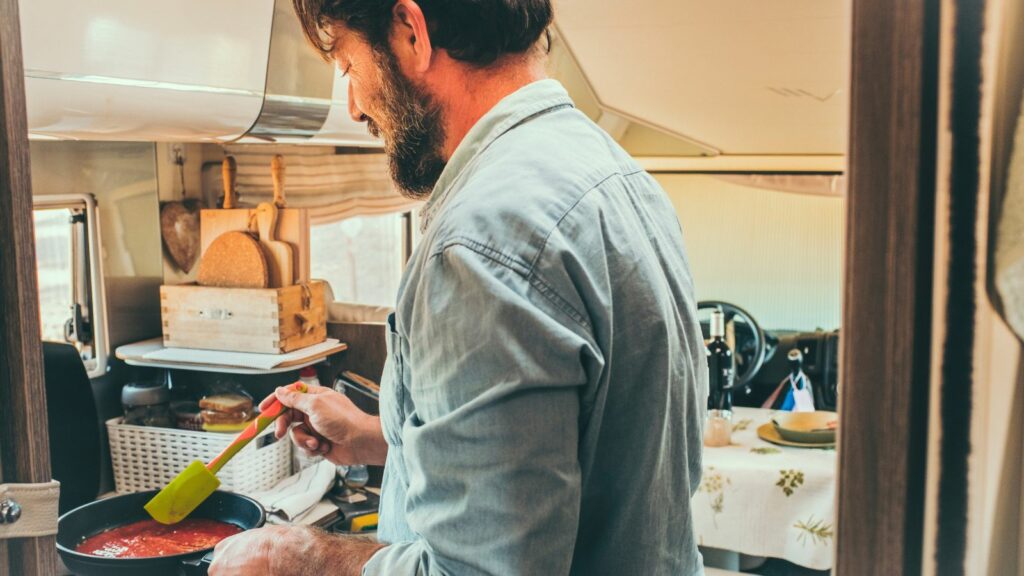RVs and motorhomes have always been symbols of freedom and adventure. They allow families to cross the continent, camp in scenic spots, and even live full time on the road. But as RV use has exploded, both Canadian provinces and U.S. states have tightened the rules around what owners can and cannot do. Some practices that were once overlooked are now strictly enforced, with fines, citations, or even tow trucks waiting for those who break the law. Despite this, many RVers continue to bend the rules, either out of convenience or because they think they will not get caught. Here are 15 things that are no longer legal in RVs, though people still try them anyway.
Drinking Alcohol While Parked or Driving
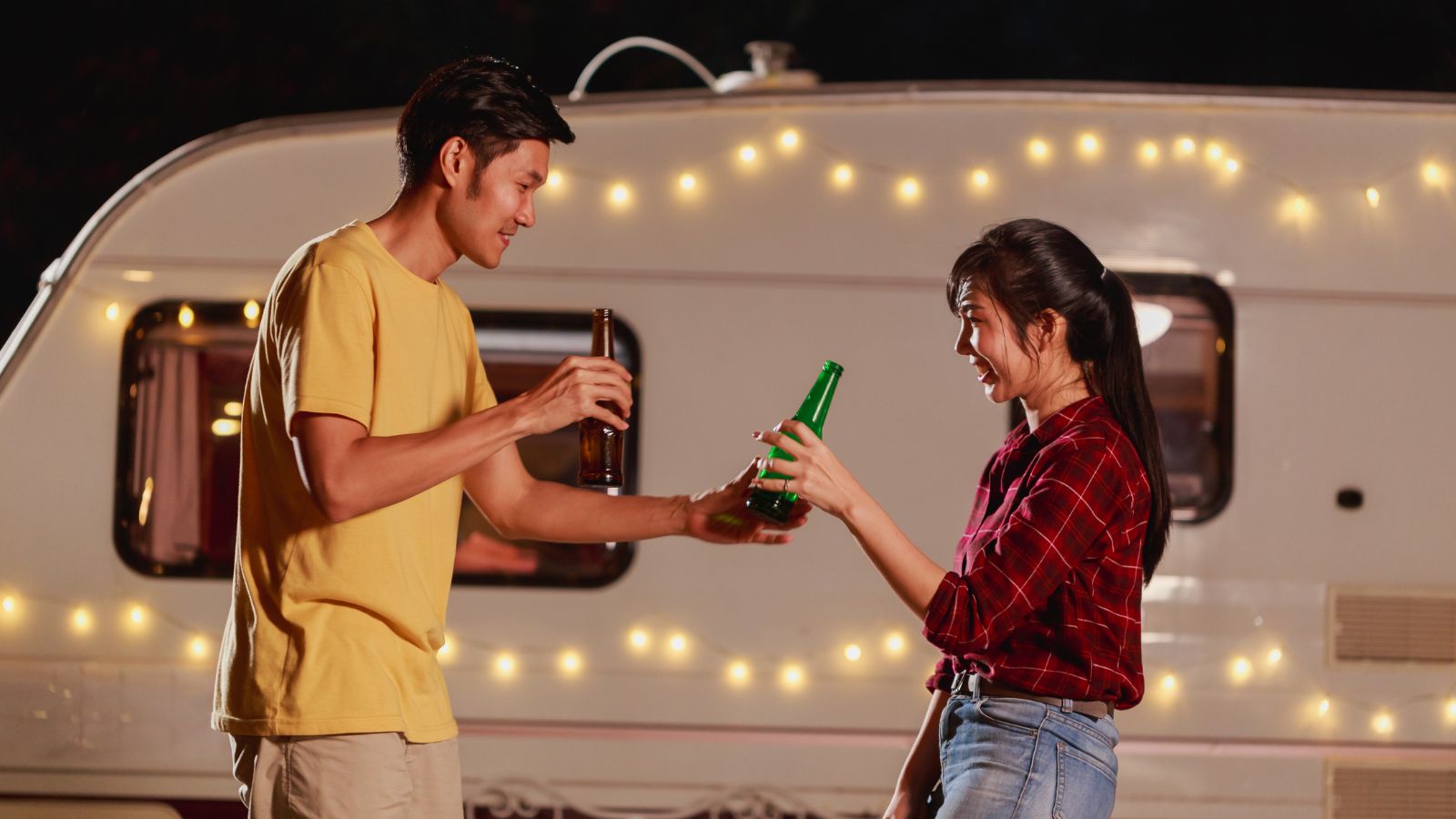
Open container laws apply inside RVs just as they do in passenger cars. Even when parked, alcohol cannot be consumed in any area accessible to the driver. In some U.S. states, this includes the entire interior of the RV, not just the front seats. In Canada, provincial rules vary, but most prohibit drinking in a moving vehicle under any circumstances. While many campers sneak a beer when parked, enforcement can be strict, especially if law enforcement suspects impaired driving.
Riding Without Seatbelts
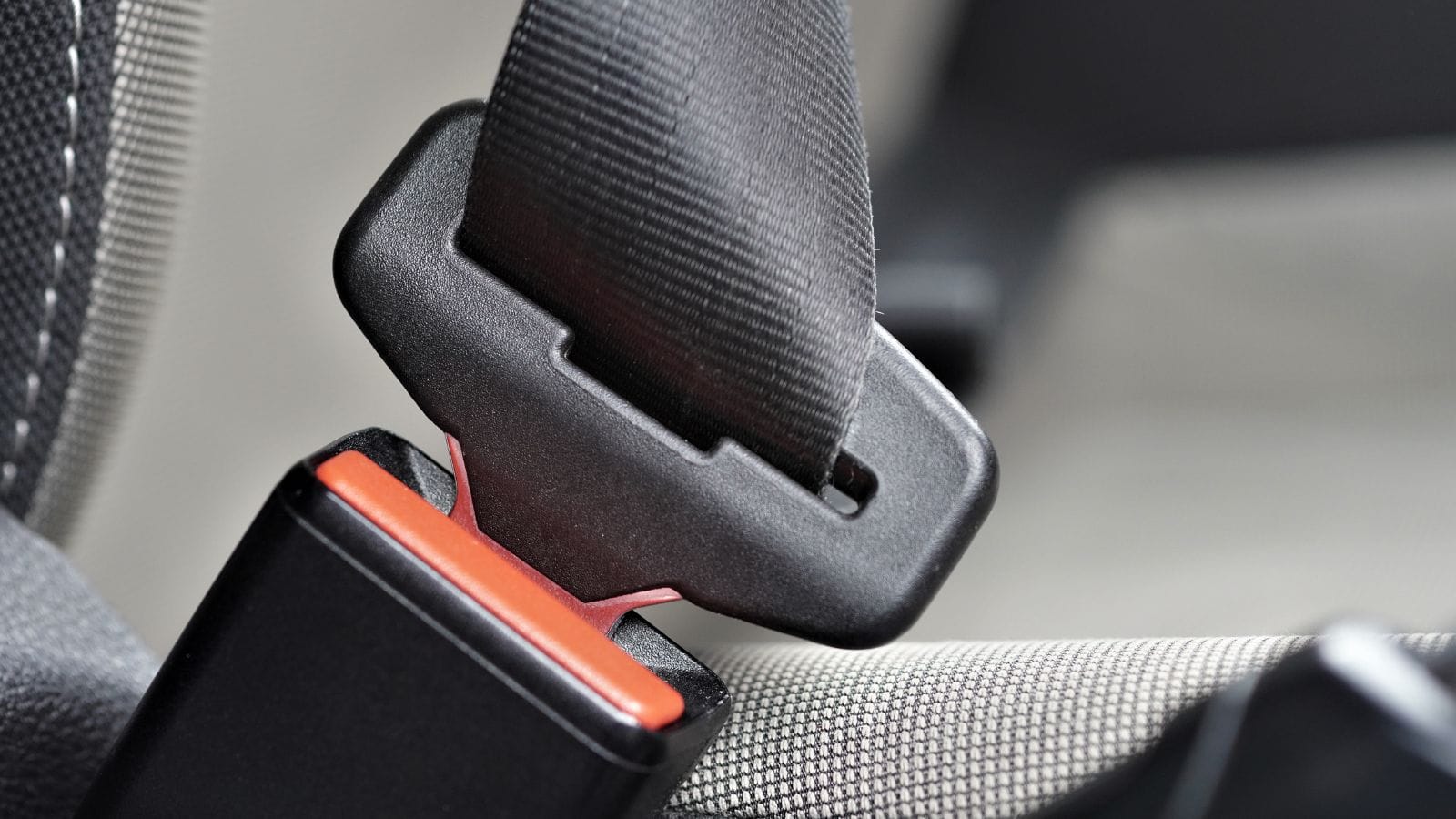
It used to be common for passengers to lounge on couches, cook, or even nap in the back of an RV while traveling. Today, seatbelt laws are clear—everyone in motion must be buckled. In Canada, provinces like Ontario and British Columbia enforce this with fines, and in the U.S. tickets can be steep if police see unrestrained passengers. Despite this, plenty of families still let kids walk around during long trips, unaware of the risk and liability.
Overnight Parking in Unauthorized Lots
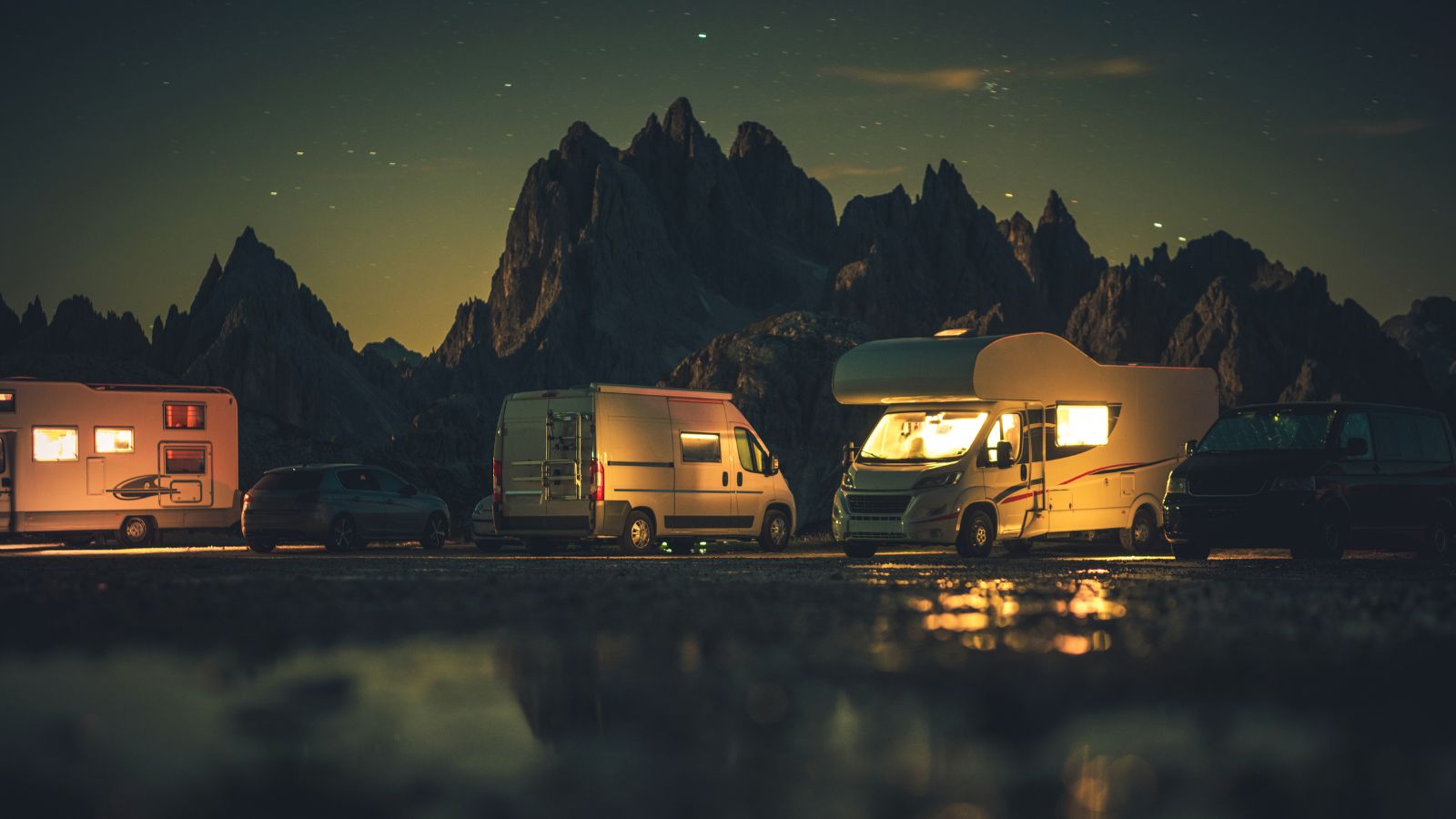
Not long ago, Walmarts, rest stops, and truck stops were havens for RVers needing a cheap overnight stay. But with the rising number of long term parkers and complaints about litter or crime, many municipalities in both countries have banned overnight RV parking. Cities from Quebec to California enforce bylaws against sleeping in parking lots, with security guards or police telling owners to move along. Although some areas still allow it, the trend is clearly toward restrictions.
Dumping Waste Water Improperly
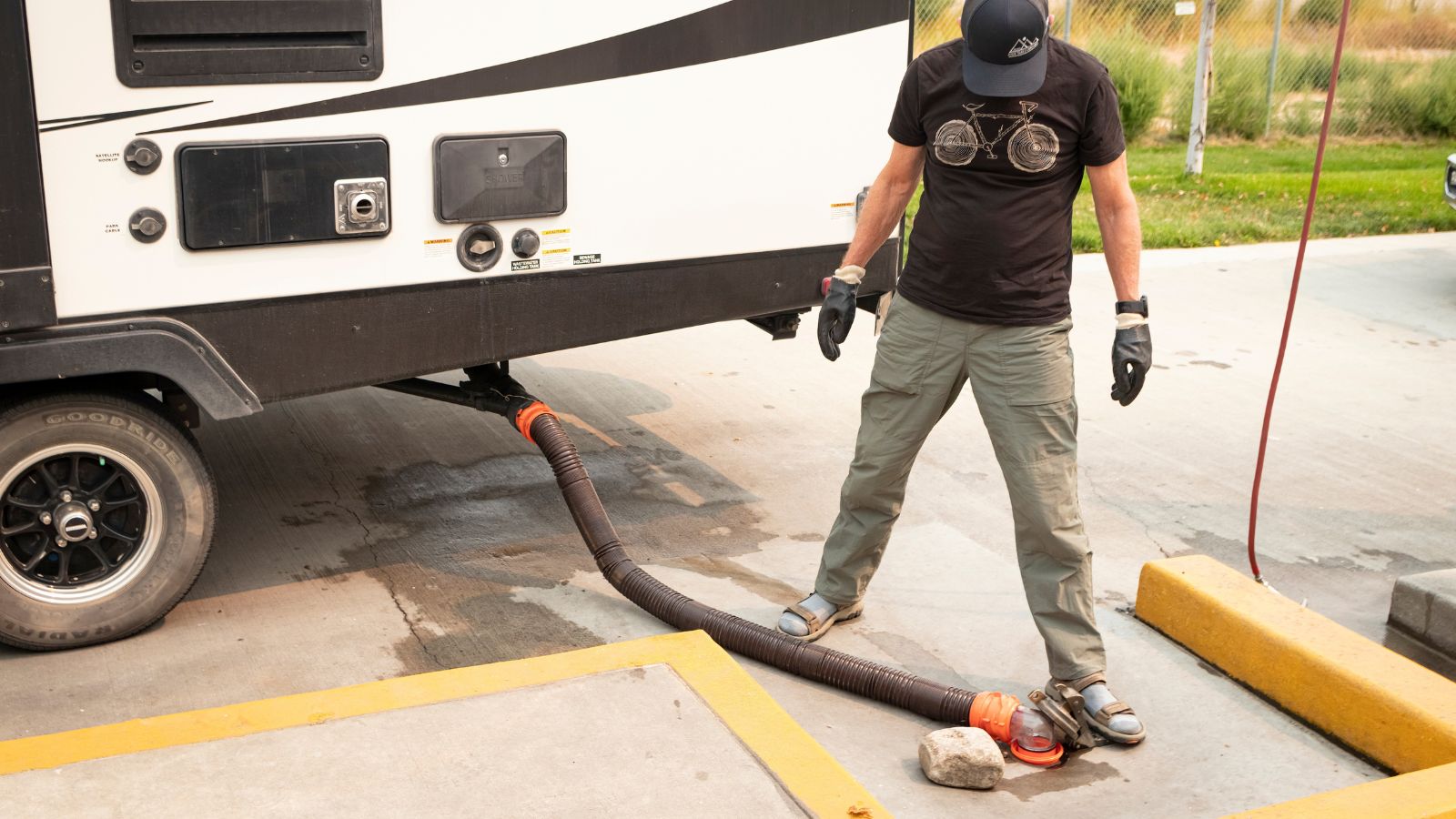
Improper dumping of grey water and black water is a serious environmental violation. Pouring waste in ditches, rivers, or storm drains not only risks fines but can cause contamination. Canadian provinces like Alberta impose heavy penalties, while U.S. states such as California and Colorado run regular inspections at parks. Yet some RVers still cut corners to avoid dump station fees, often ending up with fines far greater than what they tried to save.
Driving With Propane Tanks Open
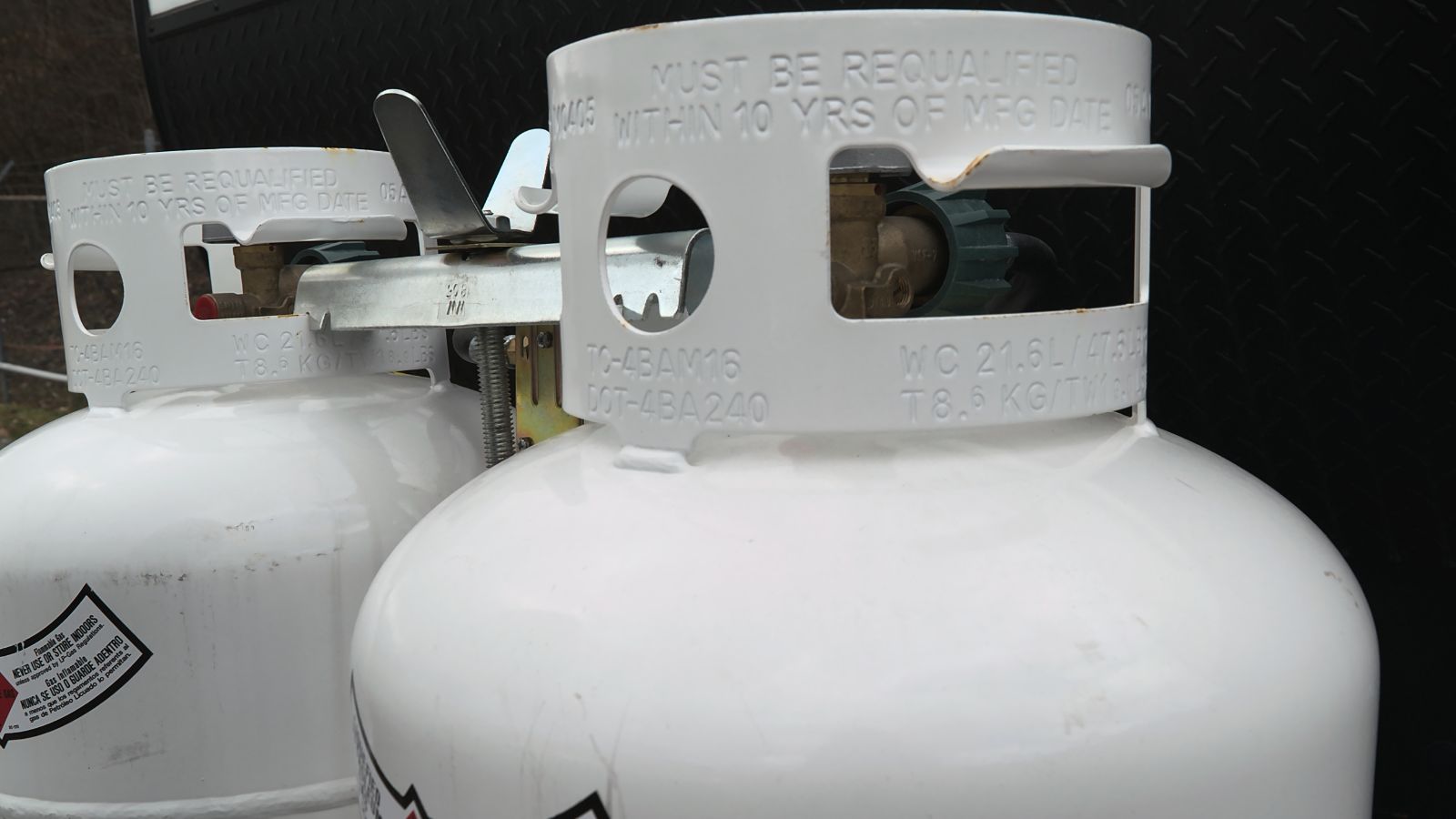
Propane tanks must be turned off when the RV is moving, but many drivers keep them open to run refrigerators or stoves. Transport laws on both sides of the border prohibit this because an accident could turn into an explosion. It might seem harmless, but inspectors at ferry crossings in Canada and border stations in the U.S. routinely check propane valves and issue fines for non compliance.
Overloading the RV
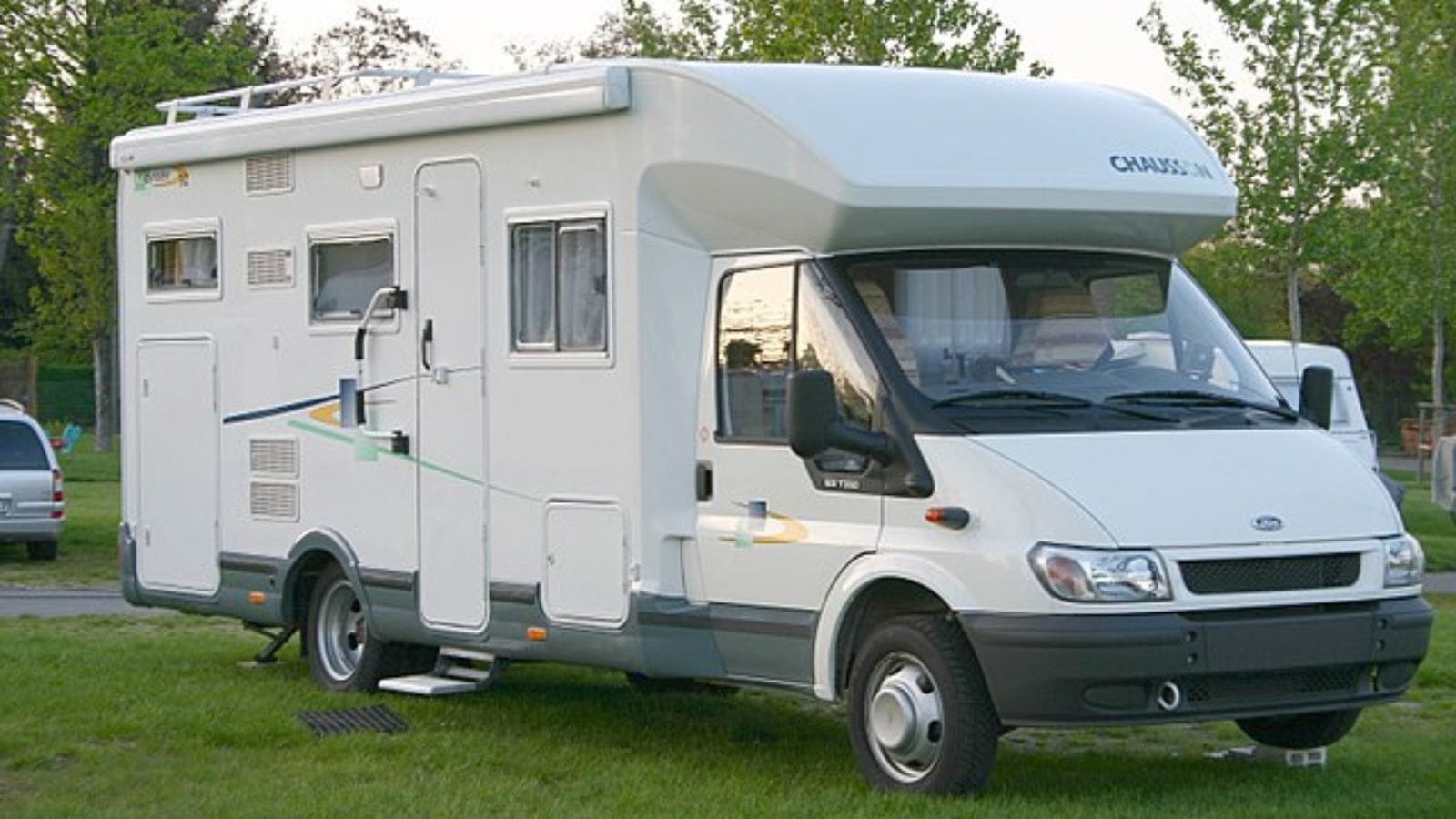
Manufacturers publish strict weight limits for good reason. Overloading stresses the brakes, suspension, and tires, making the RV unsafe. U.S. weigh stations occasionally inspect motorhomes, and provinces like British Columbia can fine RVs that exceed their gross weight rating. Despite the risk, owners often pack beyond capacity, adding gear, water, and trailers, believing enforcement is rare.
Camping on Public Streets
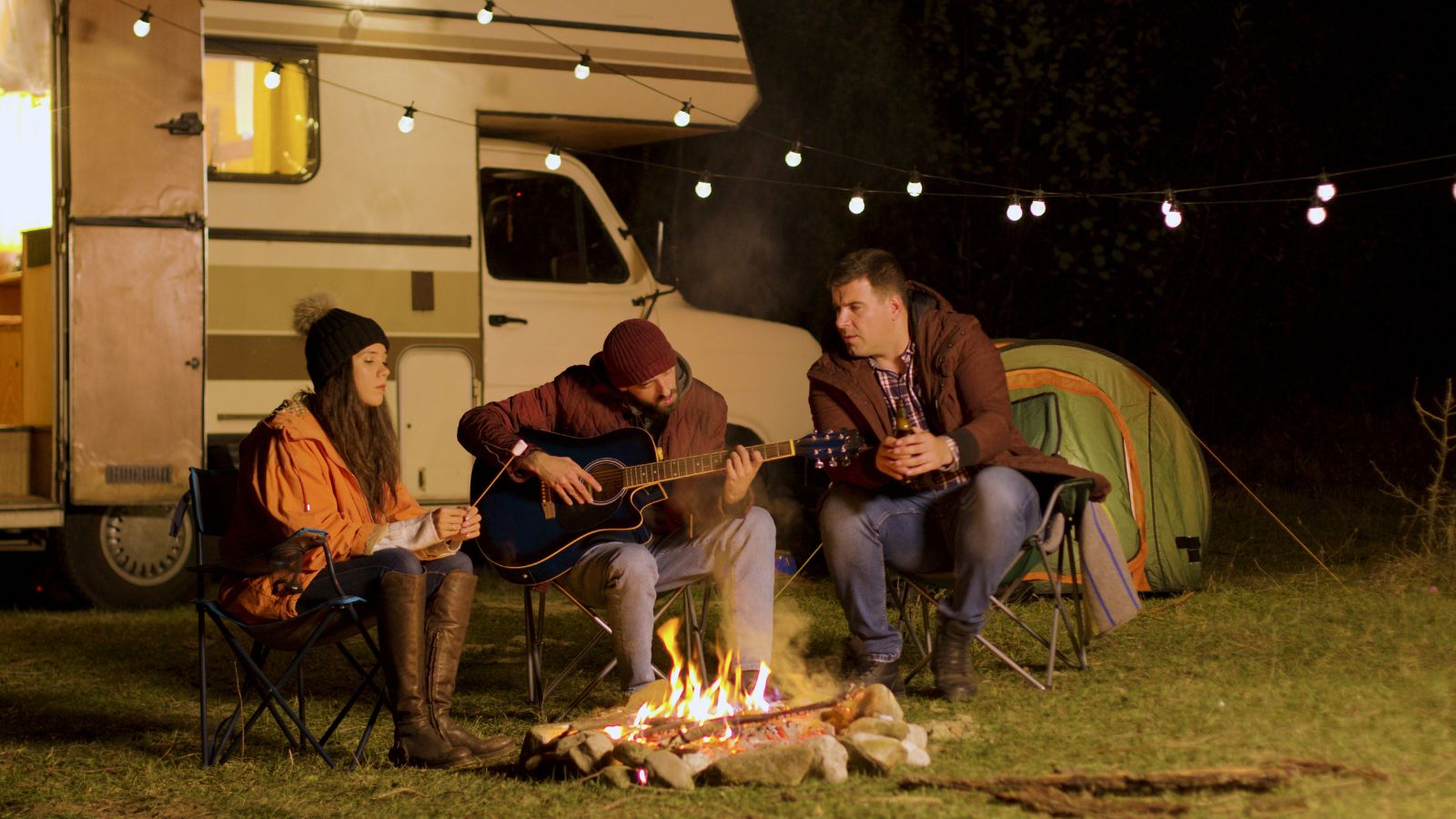
Free overnight camping on residential streets or scenic pullouts has largely disappeared. Cities across the U.S. and Canada now enforce no camping bylaws to discourage loitering. In tourist areas like Banff or Yellowstone gateways, rangers regularly patrol to prevent overnight street camping. While some RVers gamble on parking discreetly, tickets and tow warnings are increasingly common.
Ignoring State and Provincial Speed Limits
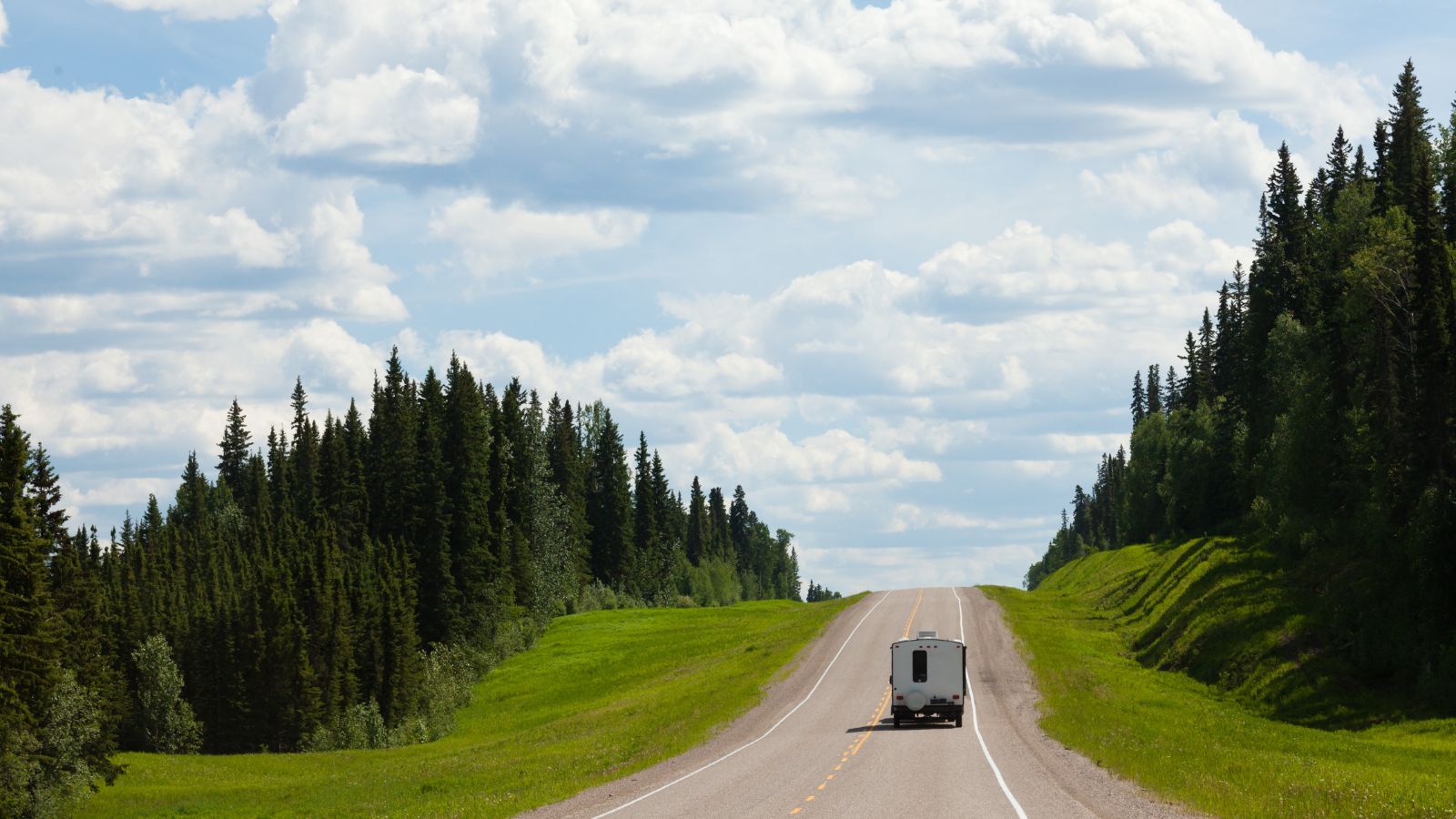
Big RVs are not always treated like passenger cars. In several U.S. states and Canadian provinces, they are subject to the same speed restrictions as heavy trucks. Many owners ignore these rules, cruising at car speeds on highways. Police are quick to issue higher fines for oversized vehicles breaking the limit, and insurance companies may even refuse coverage after a high speed RV collision.
Cooking While Driving
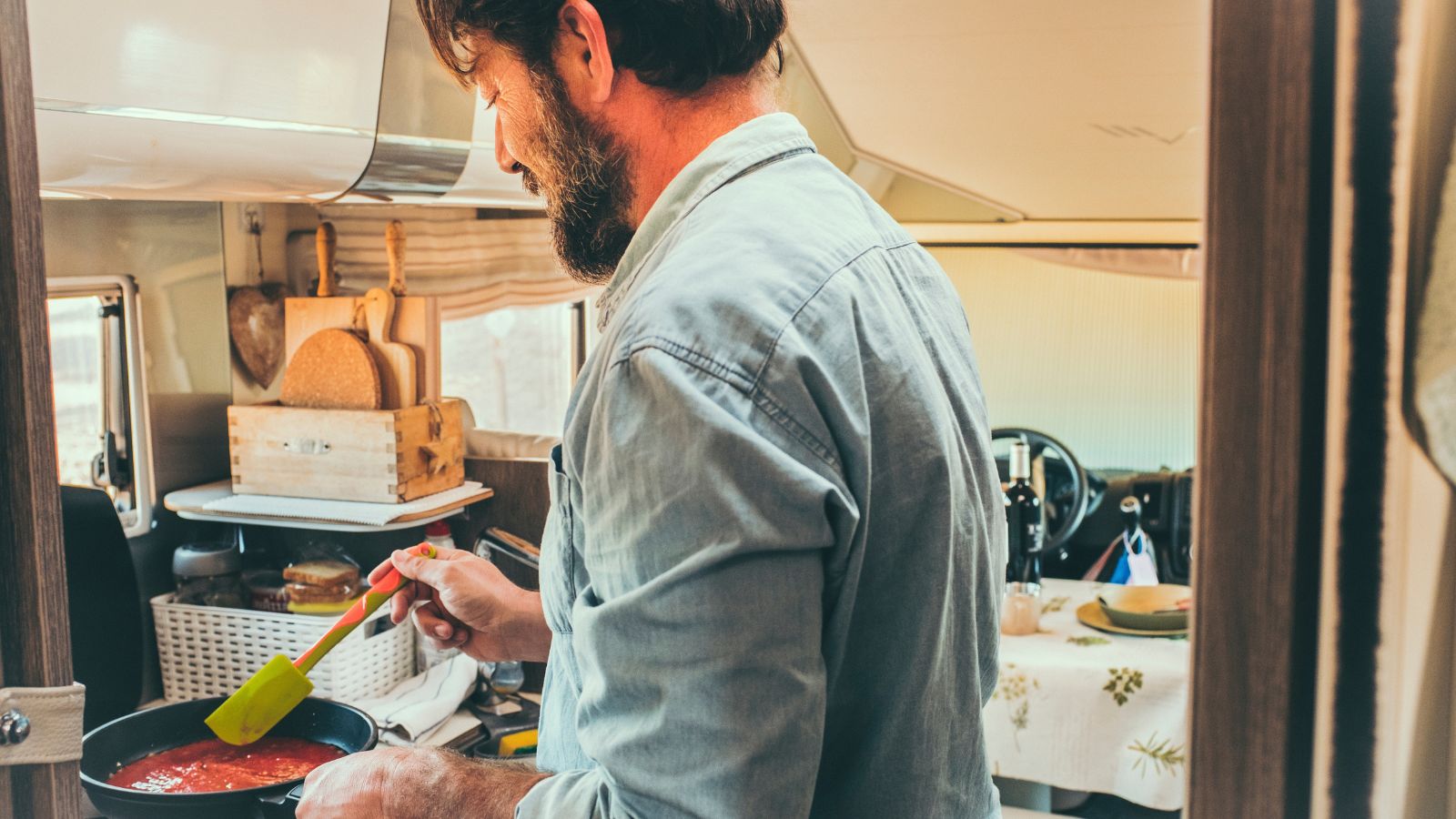
Though it seems convenient to make food on the move, laws require propane stoves and appliances to be switched off when driving. Fire safety rules exist to prevent serious accidents, but riders still try brewing coffee or cooking while rolling. If caught, they face fines and possible insurance denial in case of a fire.
Smoking Indoors With Propane Systems On
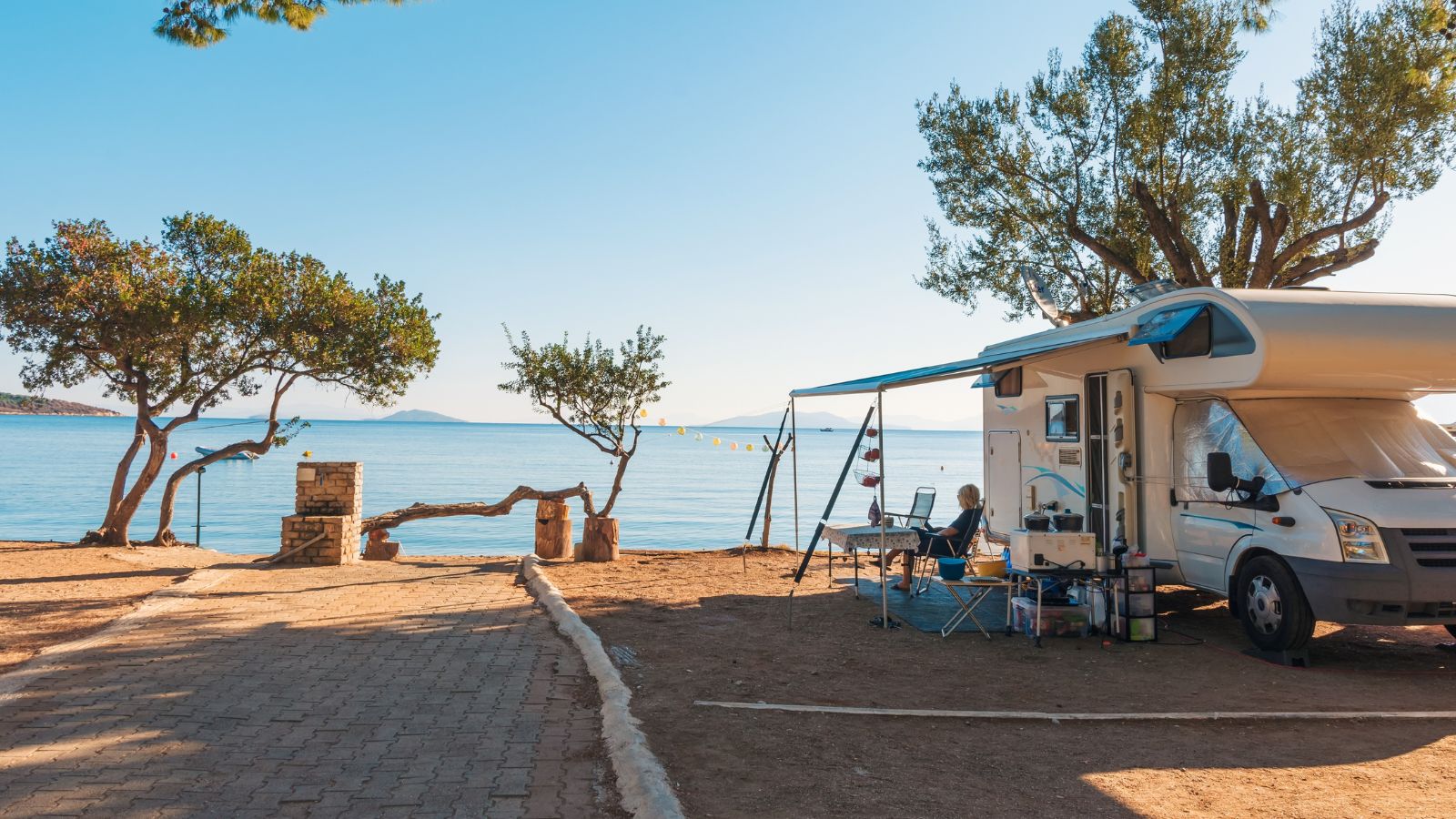
Smoking inside an RV is risky at the best of times, but doing it with propane appliances running is a direct violation of fire safety codes. Sparks or embers can ignite gas vapors, turning a motorhome into a fireball. Despite this, many long term RVers still smoke indoors, disregarding both the danger and the law.
Parking Too Close to Waterways
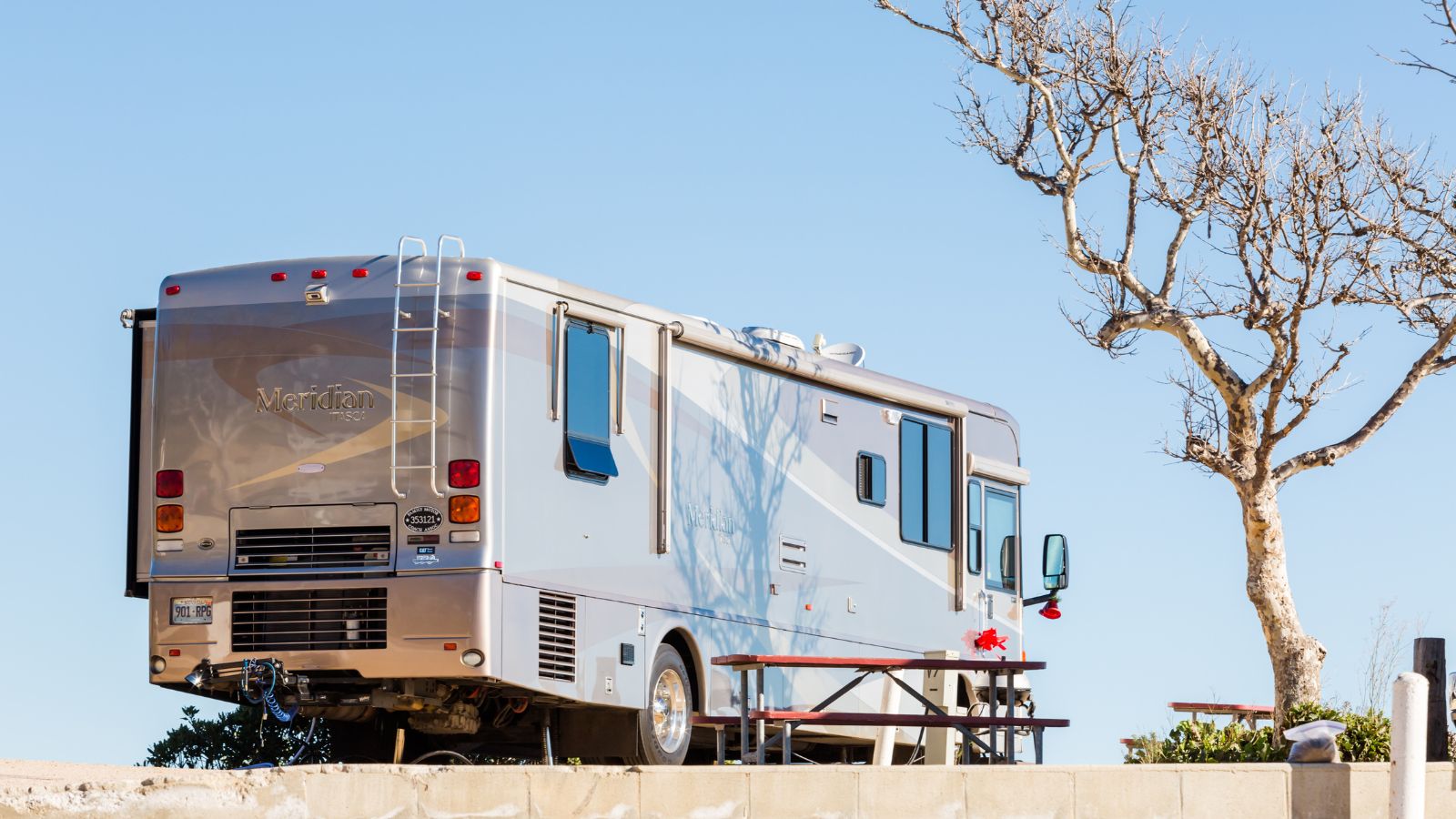
Lakeside and riverside camping has romantic appeal, but parking too close to a body of water is prohibited in many provinces and states. Environmental rules in Canada ban RVs from contaminating water sources, while the U.S. National Park Service enforces strict buffer zones. Rangers fine violators heavily, but many RVers still risk it for the view.
Driving Without a Special License When Required
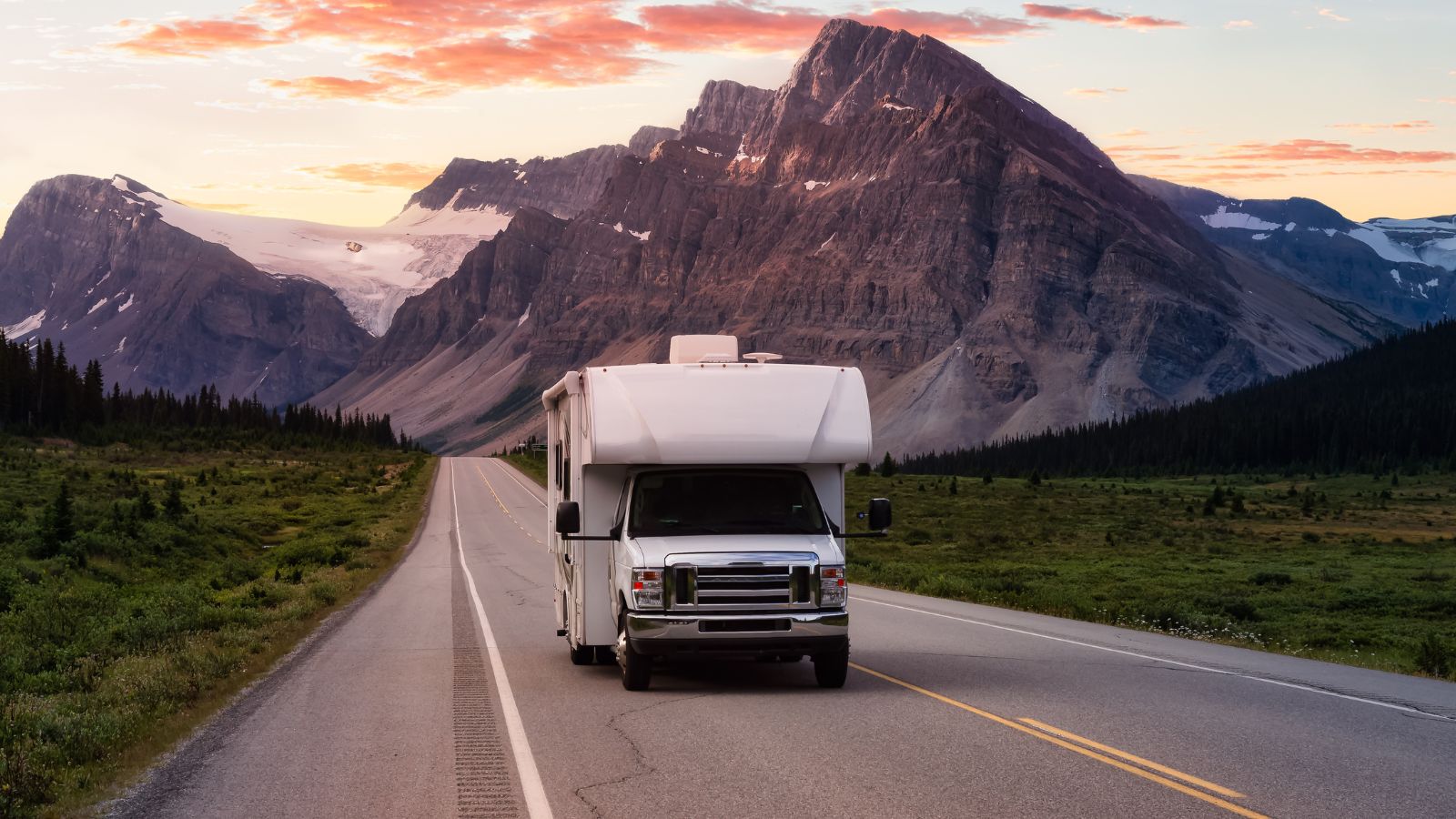
Heavy RVs often exceed weight limits for standard driver’s licenses. In Ontario, for example, any motorhome over 11,000 kilograms requires a higher class license. Several U.S. states have similar rules. Yet many RVers drive large rigs without proper certification, hoping never to get stopped. If they are caught, fines and even insurance invalidation can follow.
Using Generators During Quiet Hours
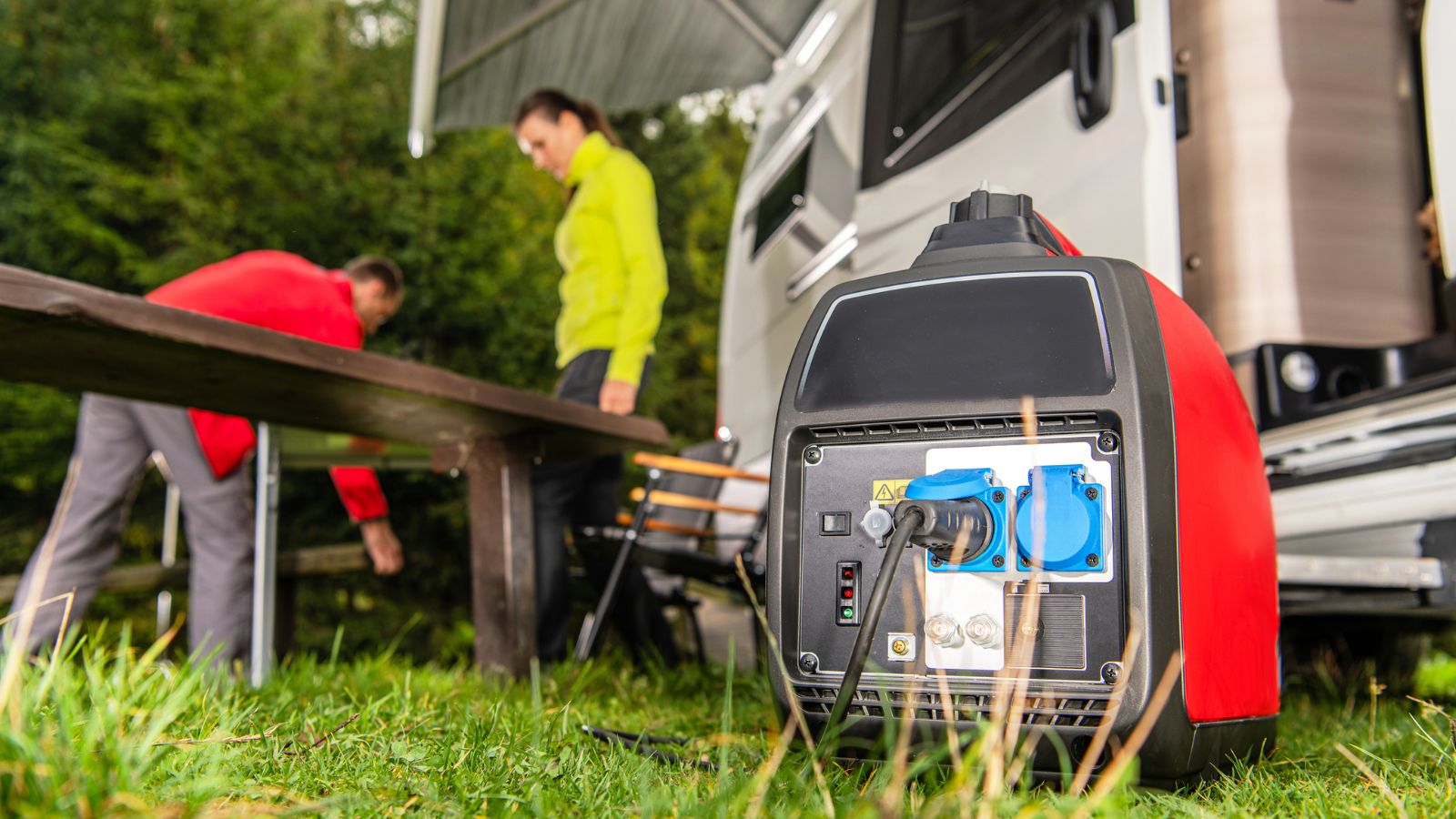
Campgrounds across North America enforce quiet hours, but RVers frequently break the rule with noisy generators at night. In Canada’s national parks, fines are issued for disturbing peace after hours, and in the U.S. some state parks have even banned generator use entirely after dark. While owners argue they need power, regulations exist to protect everyone’s camping experience.
Parking on Private Property Without Permission
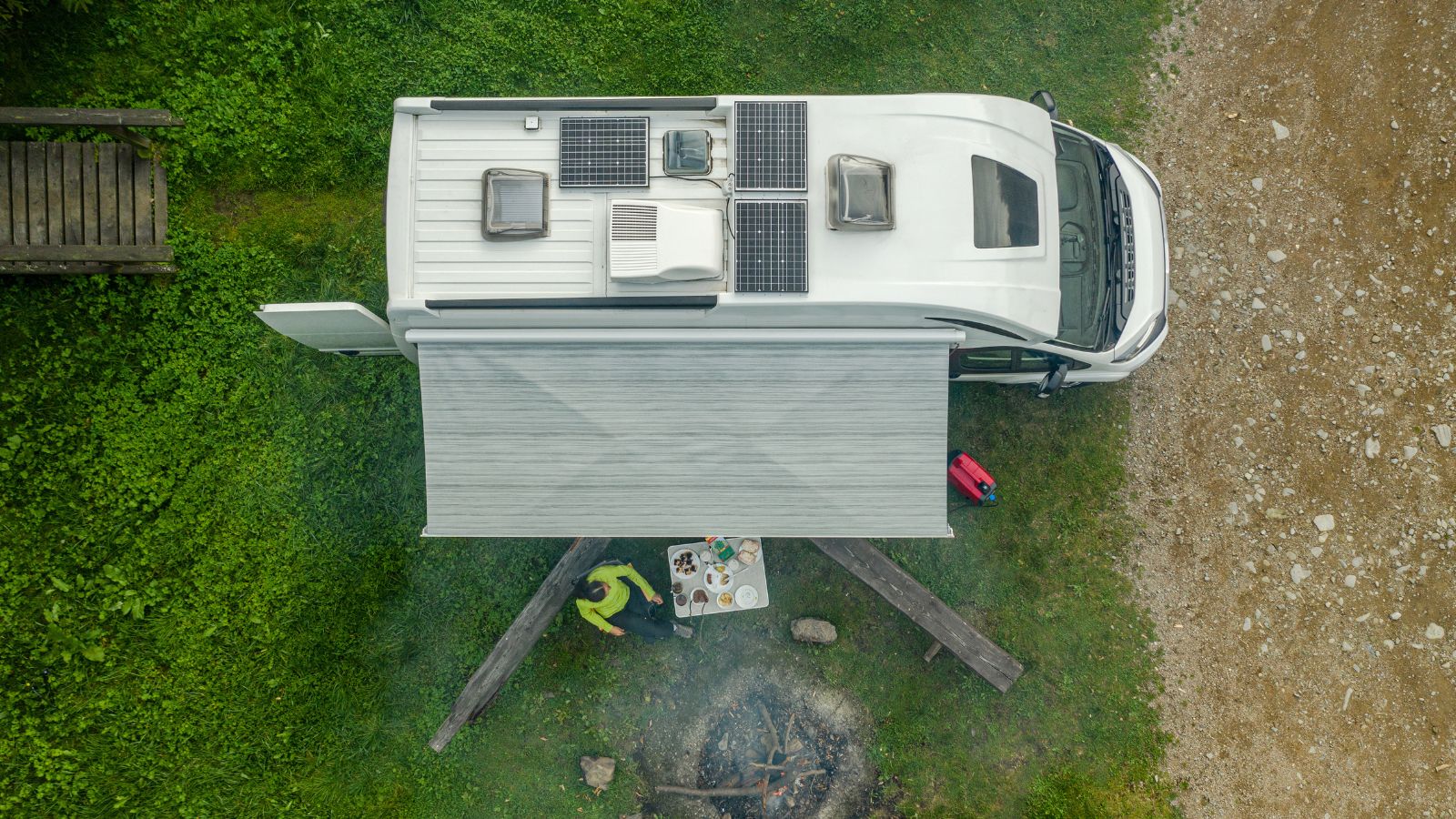
Pulling into a field or empty lot without consent is illegal trespassing. Both Canadian and American law gives property owners the right to have vehicles removed or police called. Despite this, RVers sometimes assume that vacant land is fair game, only to find their rig being towed.
Blocking Emergency Access
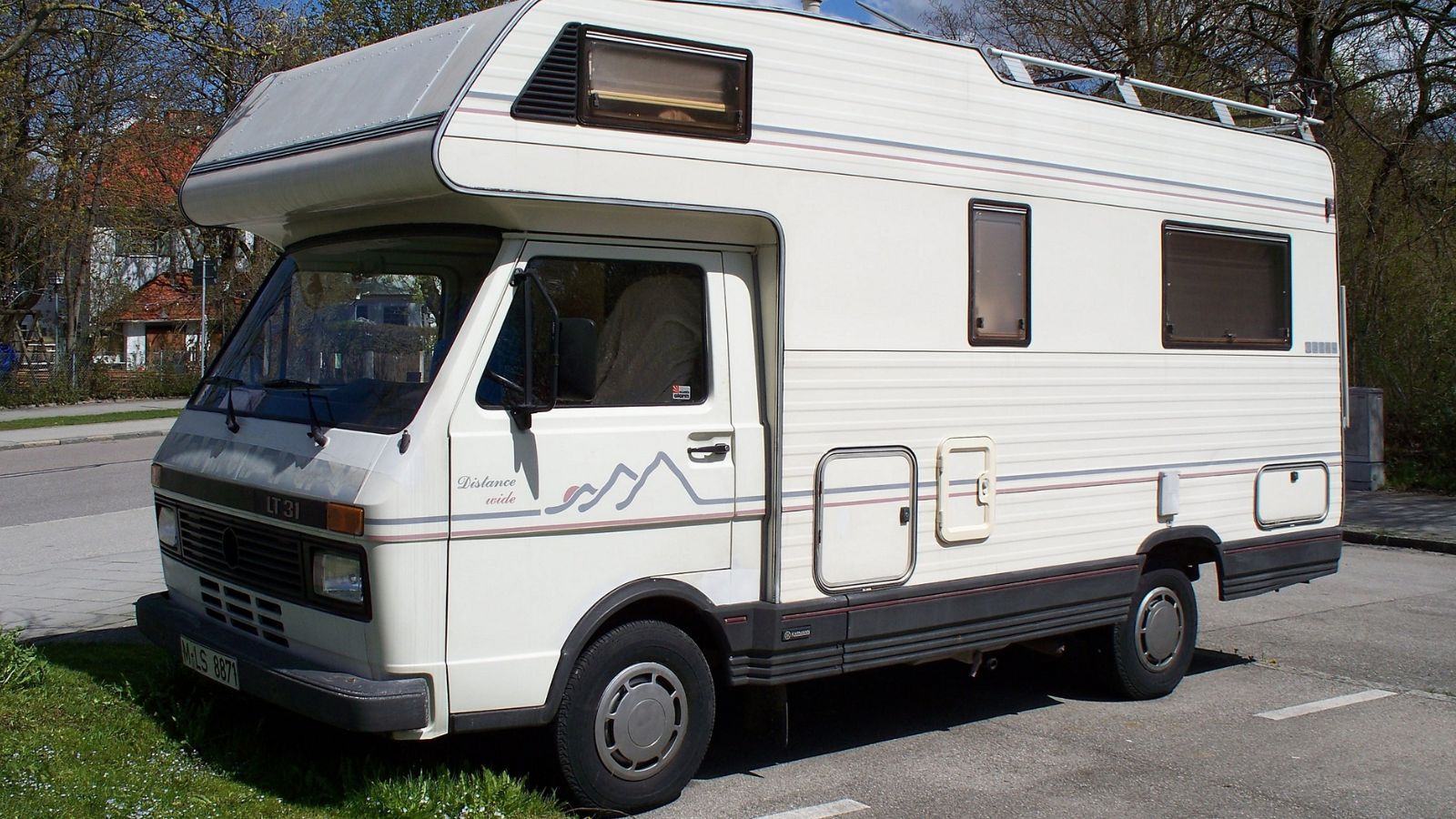
Fire lanes, hydrants, and trailheads must always remain clear, yet RVs often block them for convenience. This is illegal everywhere in North America and carries steep fines. Emergency services take it seriously, as blocked access can delay response times in life threatening situations. Many RVers gamble by stopping “just for a while,” but enforcement officers rarely show leniency.
Freedom with Rules
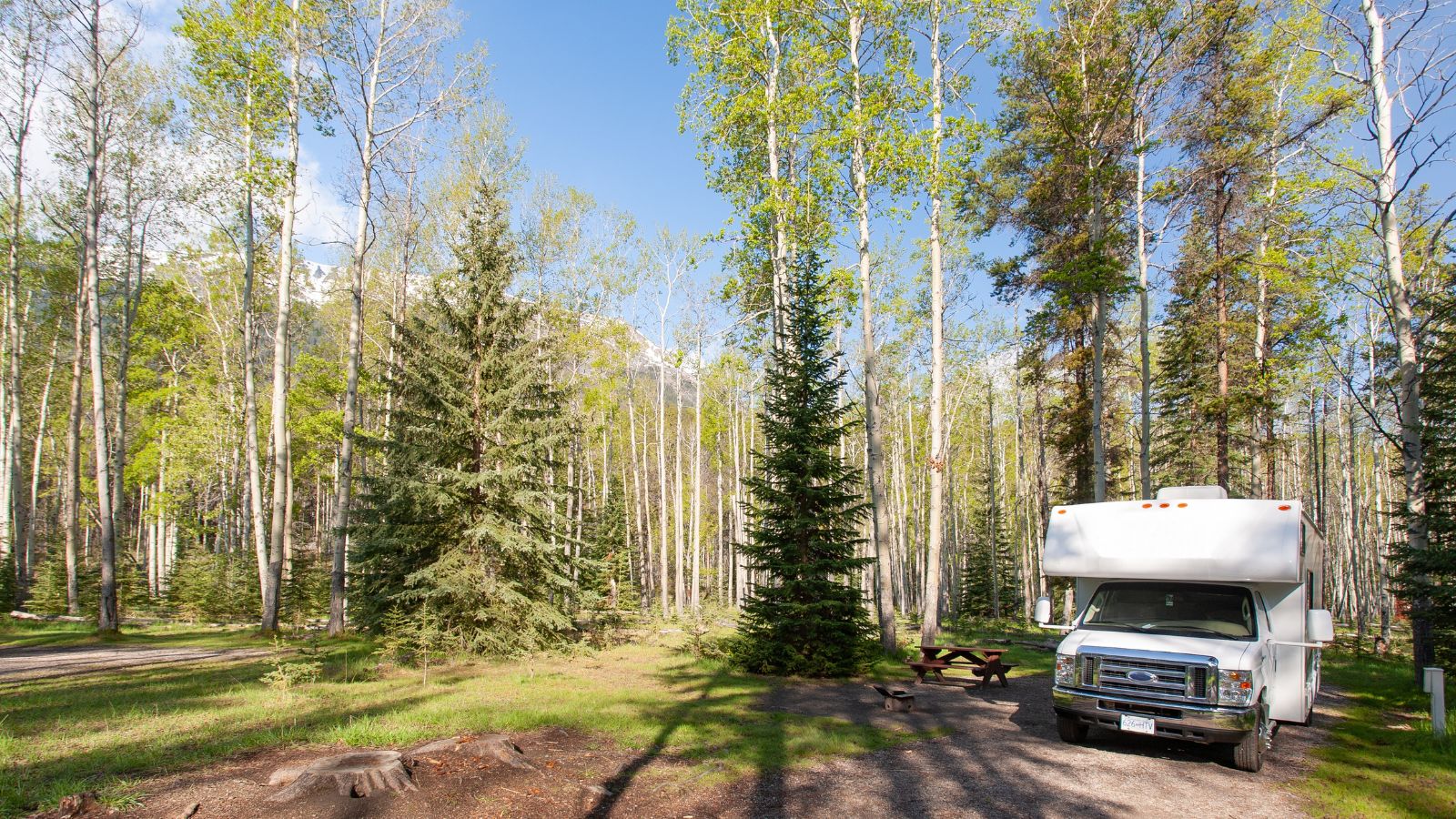
RVs are often associated with independence and the open road, but true freedom comes with responsibility. Modern laws in both Canada and the U.S. are stricter than they were decades ago, and many practices that once went unchallenged are now clearly illegal. Whether it is improper waste dumping, unsafe propane use, or unauthorized overnight parking, the risks of fines, towing, or even criminal charges are real. For RV owners, the best way to preserve the lifestyle is to respect the rules, ensuring that RVing remains both enjoyable and sustainable for future generations.
25 Facts About Car Loans That Most Drivers Don’t Realize

Car loans are one of the most common ways people fund car purchases. Like any other kind of loan, car loans can have certain features that can be regarded as an advantage or a disadvantage to the borrower. Understanding all essential facts about car loans and how they work to ensure that you get the best deal for your financial situation is essential. Here are 25 shocking facts about car loans that most drivers don’t realize:
25 Facts About Car Loans That Most Drivers Don’t Realize
